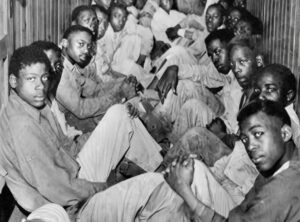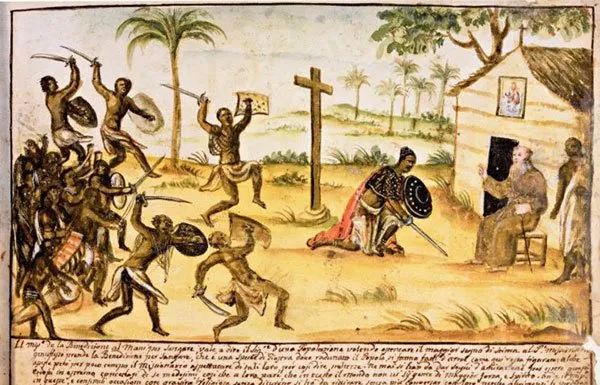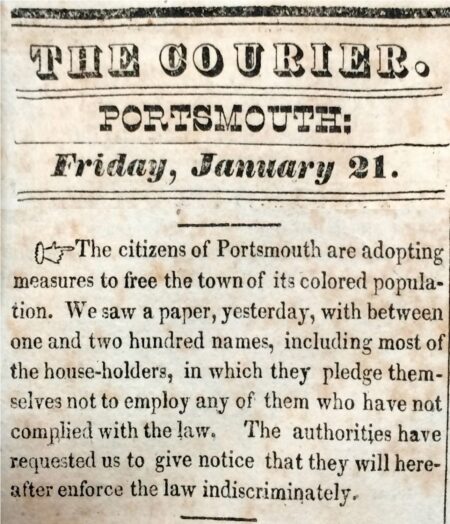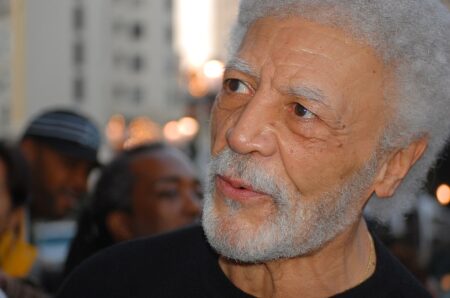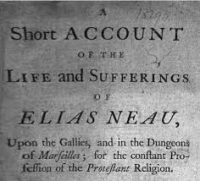On September 9, 1739, before dawn cast its first light over South Carolina, the largest slave uprising in the British colonies broke out along the Stono River. Enslaved Africans, long subjected to violence and dehumanization, triggered what is now known as the Stono Rebellion in a desperate bid for freedom.
The rebellion was started by Jemmy, an enslaved man from the Kingdom of Kongo, who led the largest rebellion by enslaved Africans in British North America—the Stono Rebellion.
Historians believe Jemmy was born in Kongo (present-day Angola) and brought to South Carolina in the 1730s. Kongo was a Christian kingdom with deep ties to European trade, so Jemmy likely spoke Portuguese, practiced both Catholicism and African traditions, and had military training from the region’s wars. Enslaved Africans like him also carried expertise in rice cultivation, making them especially valuable and exploited on Carolina plantations.
By the late 1730s, the enslaved population in South Carolina swelled with young African-born men. Many resisted the brutal rice fields and resented being forced into labor roles traditionally done by women in Kongo. Tensions rose as hundreds of enslaved people fled south to Spanish Florida, where freedom was promised to those who escaped British rule. Meanwhile, Britain and Spain teetered on the brink of war. In August 1739, South Carolina even required white men to carry guns to church, anticipating unrest.
On September 9, 1739, Jemmy and about 20 enslaved men struck first. Armed after raiding a store near the Stono River, they killed its guards, then burned homes and killed over 20 white colonists as they marched south, rallying more rebels. Though some enslaved people fought against them, Jemmy’s group pressed on until colonial militia confronted them near the Edisto River. Fourteen rebels died in the clash, and others disappeared into the woods, some possibly making it to freedom in Spanish Florida.
The rebellion terrified slaveholders. In 1740, South Carolina passed one of the harshest slave codes in colonial history, restricting assembly, literacy and autonomy for enslaved Africans.



